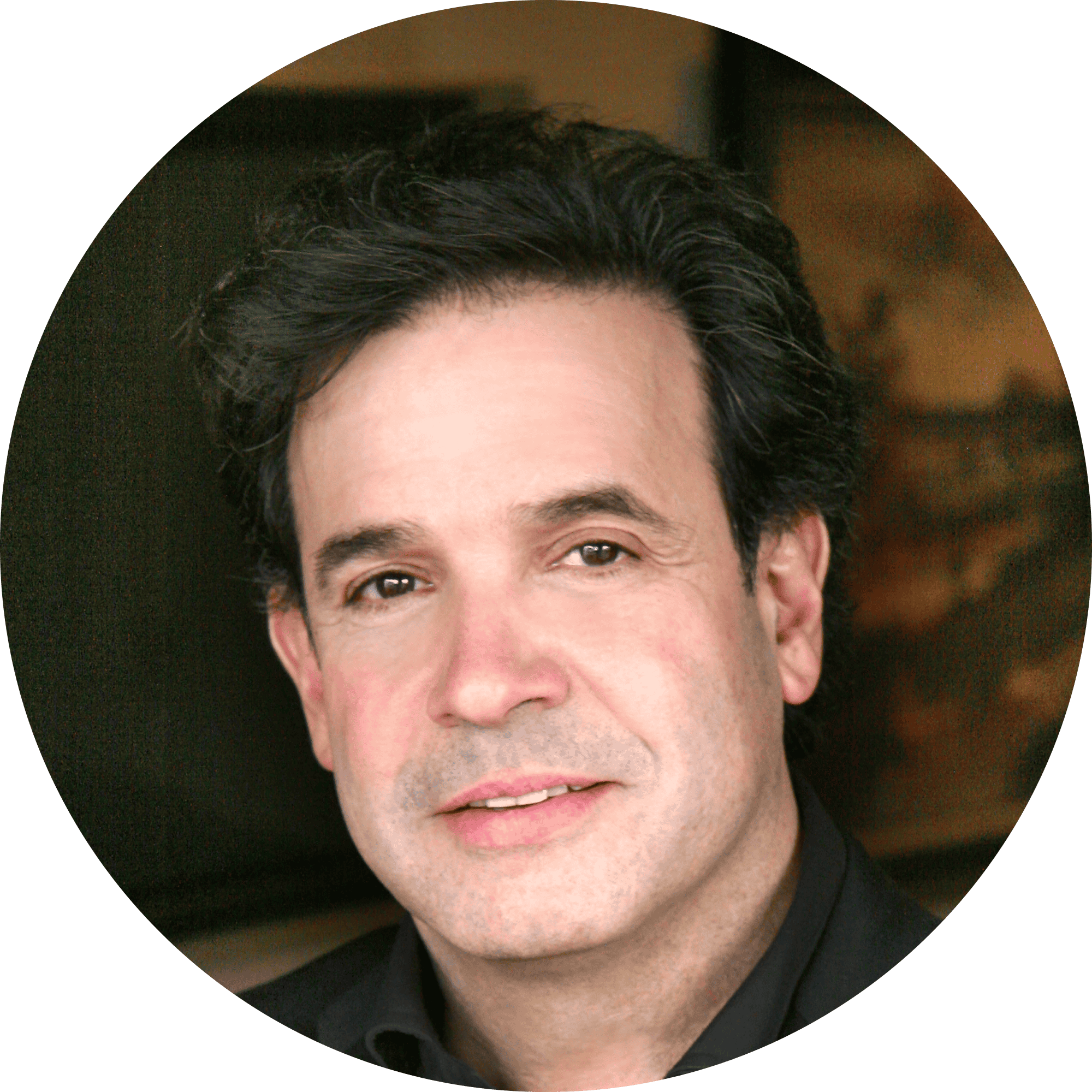Research

Massachusetts General Hospital (Mass General) and Harvard have been pioneers in the history of meditation research. From William James’ 1902 seminal work The Varieties of Religious Experience to Herbert Benson’s groundbreaking empirical investigations into the The Relaxation Response during the 1970s to the first brain mapping study of meditation completed by Sara Lazar and her team in the early 2000s, these institutions have embraced the study and exploration of meditation.
We are delighted to carry this tradition forward to the next generation through our Meditation Research Program within the Department of Psychiatry and the Athinoula A. Martinos Center for Biomedical Imaging at Mass General and Harvard Medical School. This powerful institutional positioning provides the scientific tools and collaborative partnerships that enable us to usher in the next wave of meditation research.
Our work promises to modernize, demystify and ultimately legitimize advanced meditation. Positioned as an interdisciplinary and collaborative global research hub, we seek to continually develop foundational scientific understanding of advanced meditation and demonstrate its broad utility for increased well-being, flourishing and deep psychological transformation for a broader population.

“Dr. Matthew Sacchet and the Meditation Research Program are leaders in advanced meditation research and ideally positioned to develop our comprehension of this vital, understudied subject utilizing state-of-the-art approaches spanning neuroscientific, computational, experiential, and philosophical methods.”
Rudolph E. Tanzi, Ph.D.
World renowned leader in neurology and at Mass General/Harvard
Director of the McCance Center, Vice Chair of Neurology, Kennedy Professor, Mass General/Harvard
To develop a nuanced and rigorous understanding of advanced meditation, the program leverages cutting-edge and multidisciplinary scientific approaches from fields spanning:
- Affective and cognitive neuroscience
- Applied phenomenology
- Biomedical imaging and electrophysiology
- Clinical psychology and psychiatry
- Computer science and related computational disciplines
- Contemplative/religious studies and philosophy
- Epidemiology and public health
- Psychometrics and psychological assessment
- Psychosomatic medicine
- Neuromodulation, including neurofeedback and neurostimulation
Furthermore, this deep exploration and investigation will dramatically expand our knowledge across a range of domains, including but not limited to consciousness, transcultural/comparative spirituality and religion, altered states (such as those induced by psychedelics) and mental health and illness.

Potash et al., (under review)

Ganesan et al., (2024) Human Brain Mapping
The initial success of our pioneering neuroscience studies on never-before rigorously studied advanced meditation, include advanced concentrative absorption meditation (jhāna) and the meditative endpoint known as cessations (nirodha), with much more to be discovered.
We are fortunate to be positioned within Harvard Medical School and Mass General – global leaders in medical and scientific discovery that provide invaluable support for our research. In 2023, U.S. News & World Report ranked our institutions as the best global university and medical school, and best in the fields of biology, biotechnology, clinical medicine, medical imaging, neuroscience, psychology and psychiatry and radiology.
Our work is made possible by the National Institute of Mental Health (NIMH), Dimension Giving Fund, Ad Astra Chandaria Foundation, Brain & Behavior Research Foundation (BBRF), BIAL Foundation, Ride for Mental Health, Gatto Foundation and generous individual donors.
See our publications page for more information here and join our mailing list to receive updates on new developments in our advanced meditation research.